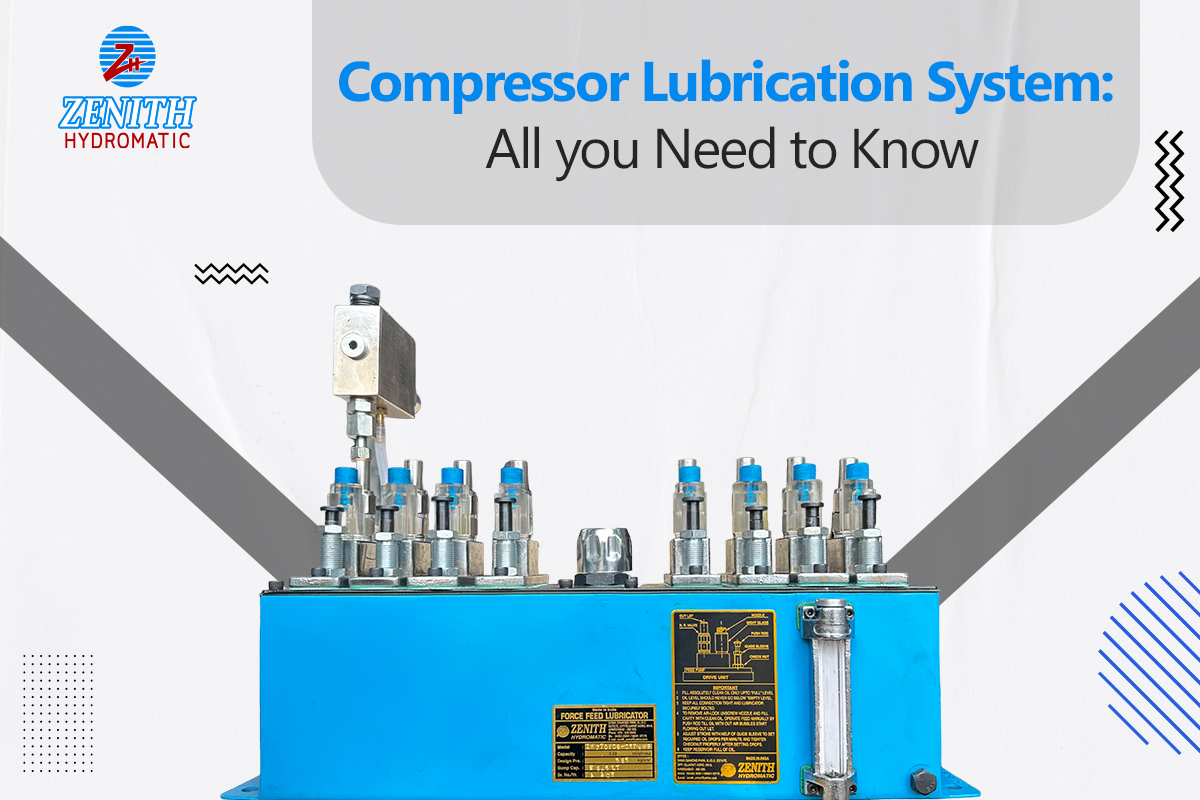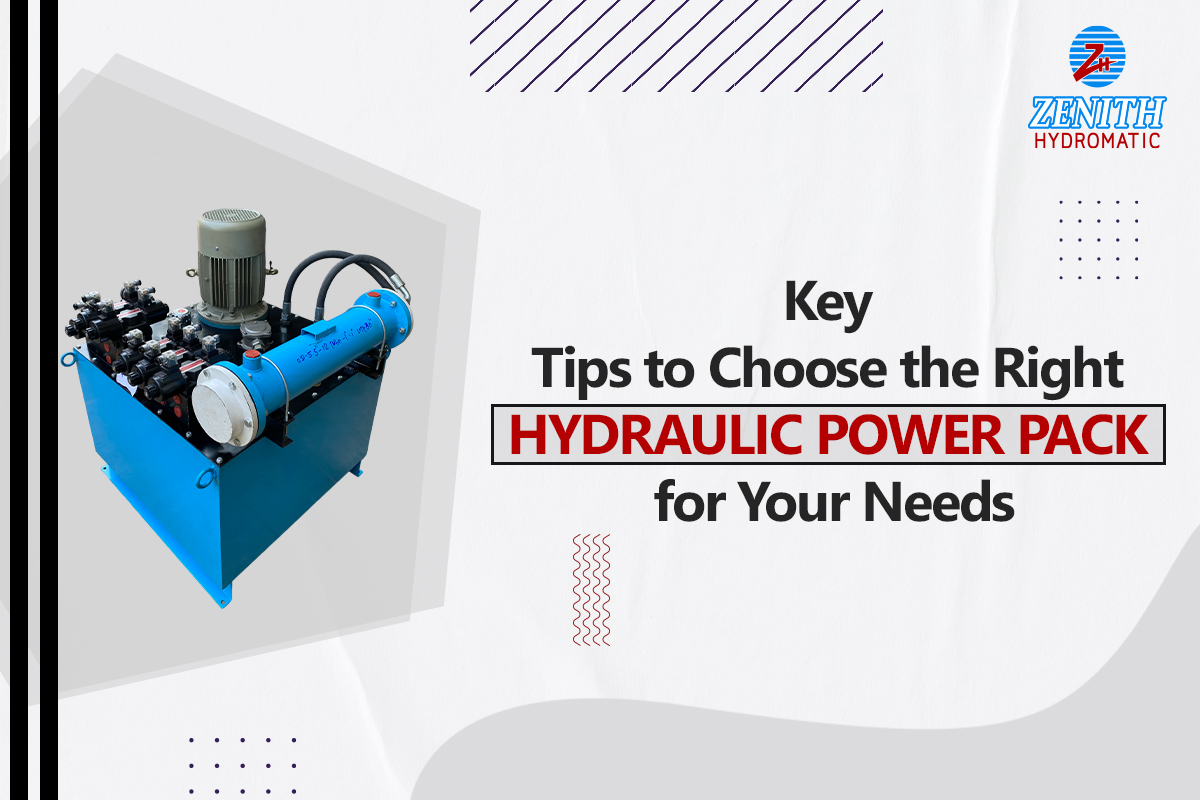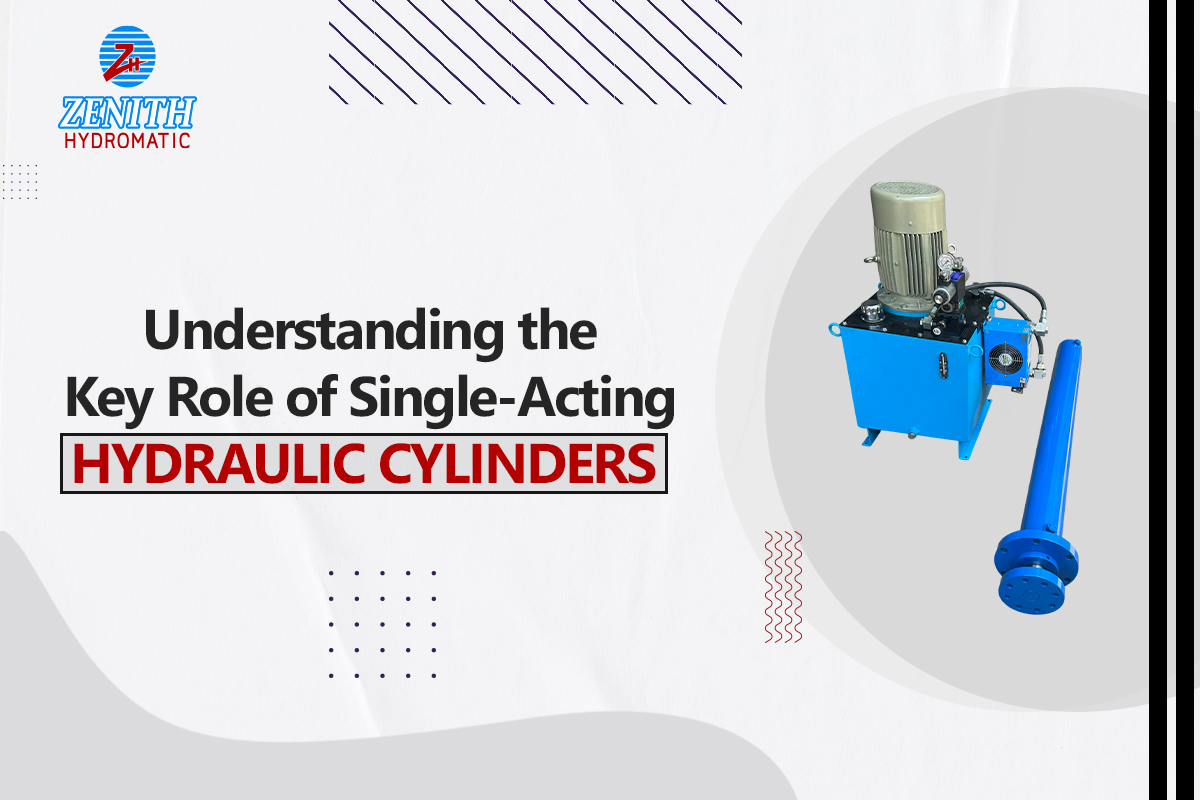

Compressors are used in several industrial applications, including powering HVAC systems and driving hydraulic machines. Every efficient compressor is built on a strong lubricating system that is intended to reduce wear and tear and increase the unit’s lifespan. Understanding the complexity of compressor lubrication systems can greatly improve their performance and dependability. Here’s everything you should know.
What is a compressor lubrication system?
A compressor lubrication system is an important component of many types of compressors, designed to reduce the friction between moving parts, prevent wear, and help in heat dissipation, hence increasing compressor life and maintaining efficiency. The complexity of a compressor’s lubricating system changes according to the kind of compressor and the unique application requirements.
Importance of Compressor Lubrication
Lubrication’s major function in compressors is to minimize friction between moving parts, resulting in less wear and a longer component service life. Lubrication also aids in heat dissipation, inhibits rust and corrosion, and, in some situations, helps seal the compression chamber for increased efficiency. Compressors can overheat, consume more energy, and fail prematurely if they are not properly lubricated.
Types of Compressor Lubrication Systems
Compressor lubrication systems can be broadly categorized into the following types:
- Splash Lubrication: This technique, which is used in smaller, simpler compressors, employs a component such as a dipper or splash disk to splash oil over the rotating elements.
- Pressure Lubrication: Pressure lubrication is more complicated than splash systems in that it uses a pump to distribute oil directly to critical components while under pressure. This method is more dependable and ensures that all vital regions are adequately lubricated regardless of their location or the compressor’s running speed.
- Oil-Free Systems: Some compressors, especially those used in medical or food processing applications, do not utilize oil in the compression chamber to prevent contamination. These systems use alternate materials and coatings to reduce friction and wear.
- Mist or Fog Lubrication: This mechanism atomizes oil, creating a thin mist that is spread throughout the compressor’s interior. It is particularly beneficial for evenly spreading lubricant in complex or massive compressors.
- Flooded Lubrication: This approach, which is commonly used in rotary screw compressors, includes flooding the compression area with oil to lubricate, cool, and seal the compressor.
Choosing the Right Lubricant
The lubricant used should be determined by the type of compressor, the environment in which it operates, and the manufacturer’s recommendations. Factors to consider are:
- Viscosity: Essential for forming an effective oil film to separate moving parts.
- Thermal Stability: High thermal stability is required for operations at high temperatures.
- Volatility: Low-volatility oils are recommended because they minimize the rate of oil consumption.
- Compatibility: The lubricant must be compatible with the compressor’s materials to avoid chemical degradation.
Synthetic oils are becoming increasingly popular due to their improved performance in harsh circumstances and longer change intervals, despite their higher cost compared to mineral oils.
Maintaining Your Lubrication System
Effective maintenance of a compressor lubrication system is vital for optimal performance and longevity. Here are key maintenance practices:
- Regular Oil Changes: Follow the manufacturer’s instructions to calculate oil change intervals, which can vary depending on operational conditions.
- Monitor Oil Level and Quality: To detect contamination, viscosity breakdown, or chemical changes, use sight glasses and conduct routine oil analyses.
- Clean or Replace Filters Regularly: Filters serve an important function in keeping oil pure by capturing waste and impurities.
- Check for Leaks: Regularly check piping, fittings, and seals for leaks, which can result in low oil levels and system contamination.
Troubleshooting Common Issues
Even with cautious maintenance, problems may develop. Typical issues with compressor lubrication systems include:
- Oil Leakage: This could be a result of worn seals or loose connections. Regular inspections can help detect leaks earlier.
- Overheating: Insufficient lubrication, blocked filters, or the wrong oil type can cause excessive heat buildup.
- Excessive Oil Consumption: This could suggest a leak or the compressor burning oil, which could be the result of overheating or damaged components.
Conclusion
The compressor lubrication system has a significant impact on compressor performance and longevity. Understanding different systems, selecting the appropriate lubricant, and following tight maintenance schedules is vital for maximizing the operation and lifespan of this critical machinery.
Staying informed and proactive will guarantee that your compressors continue to function smoothly and effectively for many years.



